Top 6 Mexican Culture, Customs and Etiquette
Should you remove your shoes when visiting friends? Should you greet those on elevators with a smile? When thinking about the dos and don'ts in your own ... read more...nation, these questions might not seem like the most obvious ones, but things that you might not even consider at home can have a major impact abroad. Here is a list of Mexican Culture, Customs and Etiquette.
-
In Mexico, personal connections always come first, therefore building rapport and trust is crucial. A handshake, a sincere hello, and a nice question about the family are suitable, especially if you have already met the family. When you first meet someone in a professional setting, don't be shocked if they give you a hug or a kiss on the cheek. Always show courtesy to your coworkers in public, and keep disagreements to yourself.
You should exercise patience because meetings might or might not begin on schedule. It is not necessary to bring a present when invited to dinner at a client or associate's house; but, following up with a thank-you card earns points.
Your offers to pay for business lunches or dinners will be warmly appreciated, but are likely to be rejected because most Mexicans will want to treat you to the meal since you are a visitor in their nation. Be prepared to trade business cards, and don't be shy about giving yours out first. Professional dress is typically more traditional. You'll succeed if you maintain the level of grooming that Mexicans do.
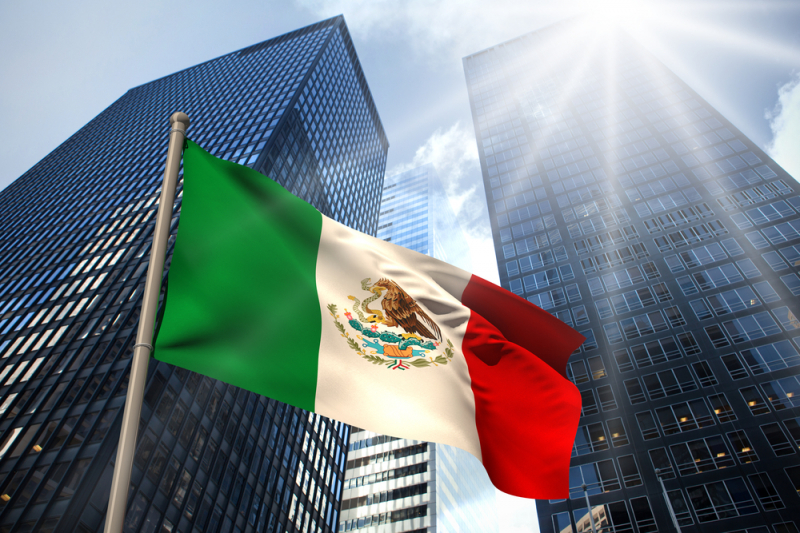
https://fluencycorp.com/ 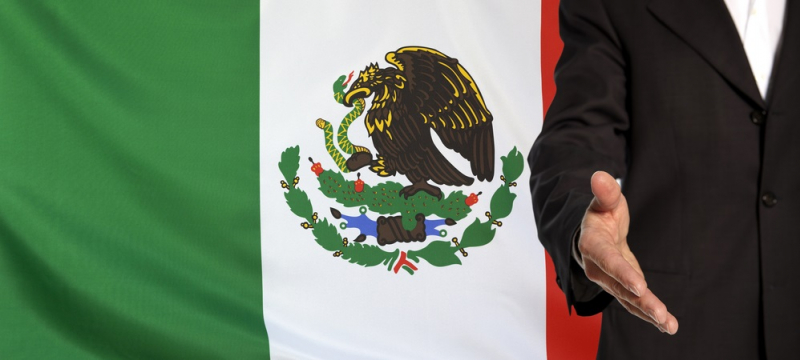
https://napsintl.com/ -
Being concise, effective, and straightforward is highly regarded in the Western world, including the United States. Mexico, meanwhile, communicates more subtly, and Americans, Canadians, and Europeans are frequently seen as being brusque and hostile when they are straightforward in their communication. Mexicans are known for their tremendous politeness, so losing your patience over delays or grumbling aloud would make you look impolite and make people less willing to assist you.
Be tolerant about this and other regional customs and attitudes; keep in mind that things go slowly here and that being late is not frowned upon. For instance, a waiter would never offer to bring you the check before you inquire about it in a restaurant; that would be intrusive.
Local friends, family members, and partners are likely to exhibit a considerable amount of physical affection for one another, but you should exercise greater restraint with people you don't know well.
Before beginning a request or routine business, it's customary to enquire about a colleague's family, general health, and possibly another unimportant topic (like the beauty of the town you're visiting or the weather). Politics and ethics are topics that Mexicans enjoy debating, so don't be shy about bringing up these subjects in casual, amiable conversation.
Learning fundamental Spanish expressions like por favor (please) and gracias (thank you) will have a significant impact on how other people react to you. Deference to individuals who are older than you will also help you gain favor.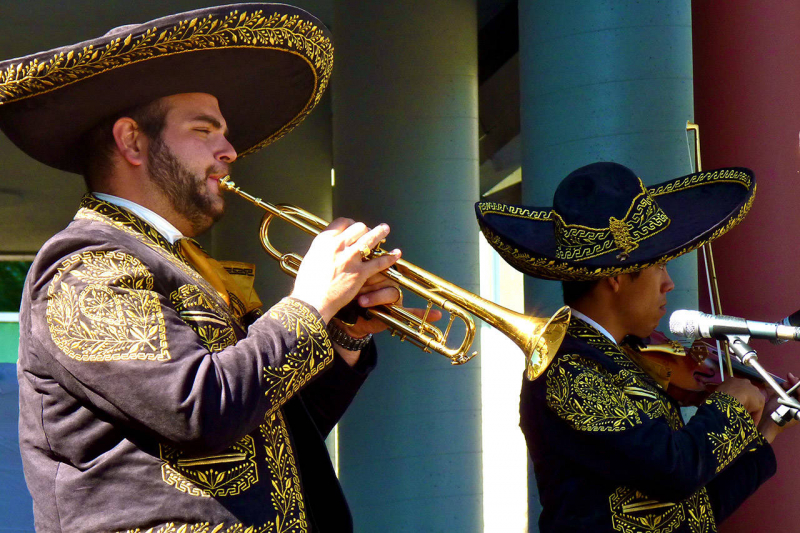
https://www.mondaymag.com/ 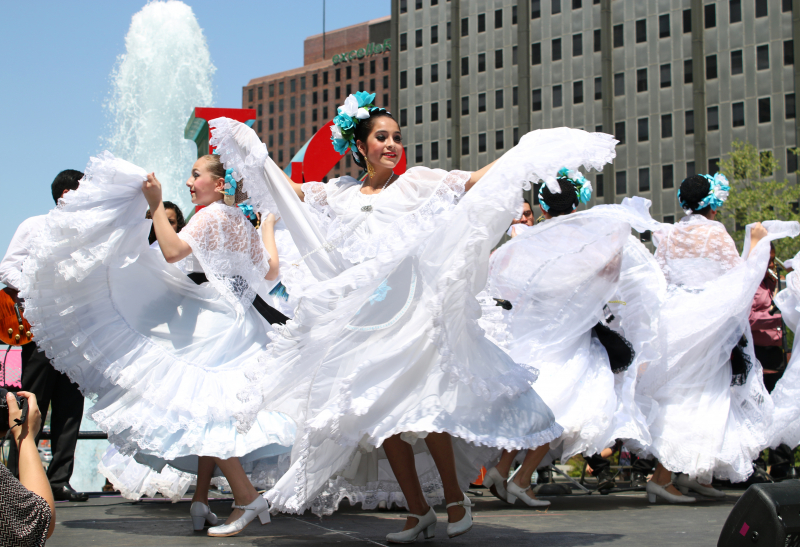
https://www.klamathfallsnews.org/ -
Mexicans are very ceremonial and polite. When meeting or being introduced, businesspeople and strangers shake hands, whereas friends (women to women or men to men) may deliver a "air kiss" or a kiss on the cheek. Male acquaintances or buddies may offer each other three pats on the back and a firm hug. When in doubt, extend your hand.
When addressing seniors, subordinates, superiors, and strangers, it is customary to use the formal form of you (usted) rather than the informal tu. But because so few Americans speak Spanish, any polite attempt is acceptable (although using the correct pronoun is, naturally, best). Say "adios" (goodbye) or "hasta luego" while departing (see you later).
A courteous way to say "Excuse me" before asking someone for information or directions is to say "Desculpe" before asking them a question. Similar to this, it's more courteous to ask "Habla inglés" rather than presuming everyone you meet in Mexico speaks English.
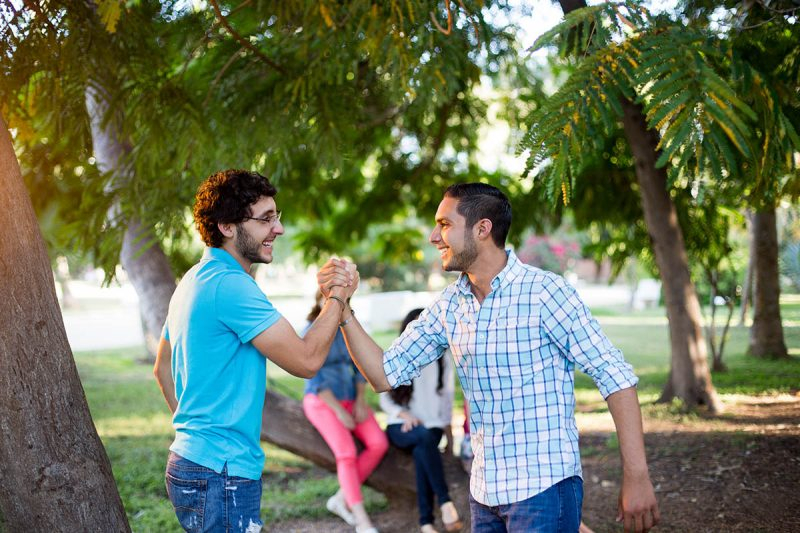
https://www.garzablancaresort.com/ 
https://www.playadelcarmen.org/ -
Short shorts and scant tops are not acceptable in churches, despite the fact that shorts are. While attending church, avoid taking in the sights, however you can observe from the rear. Otherwise, taking pictures is not a problem. If photography or flash photography is prohibited, there is typically a sign at the front of the church. It is customary to offer elderly or disabled people who are begging at church entrances a few coins.
Say "con permiso" (excuse me) to move past a group of people. It is customary politeness to give up one's seat on a bus to the elderly, the blind, and expectant women. No matter their age, Mexicans refer to waiters as joven (literally, young man). Say "seorita" (miss) or "seora" (ma'am) when addressing a female waiter. When you want the bill, ask for "la cuenta, por favor" (the check, please); it's typically viewed as impolite for a server to provide it before a customer requests it.
For a night out, Mexicans typically dress properly, but in tourist areas, dress codes are typically only observed at the more upscale discotheques. While some restaurants have designated smoking areas, you can normally smoke in smaller places.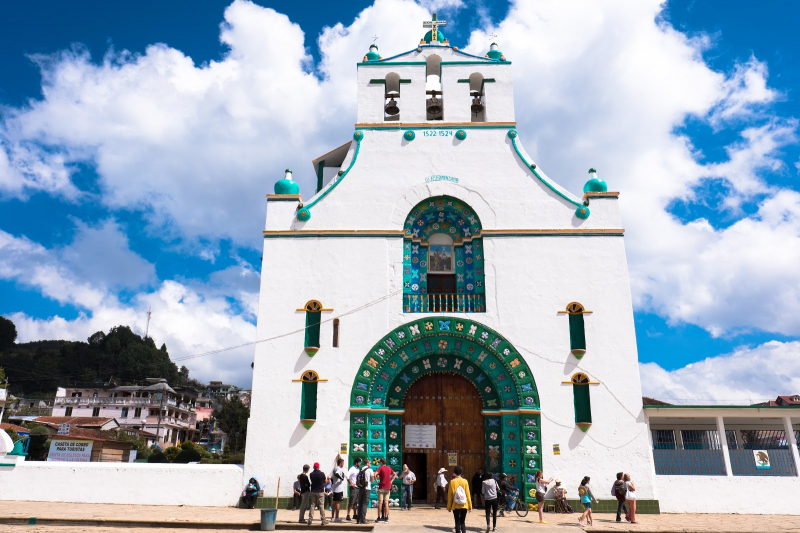
https://www.earthmaho.com 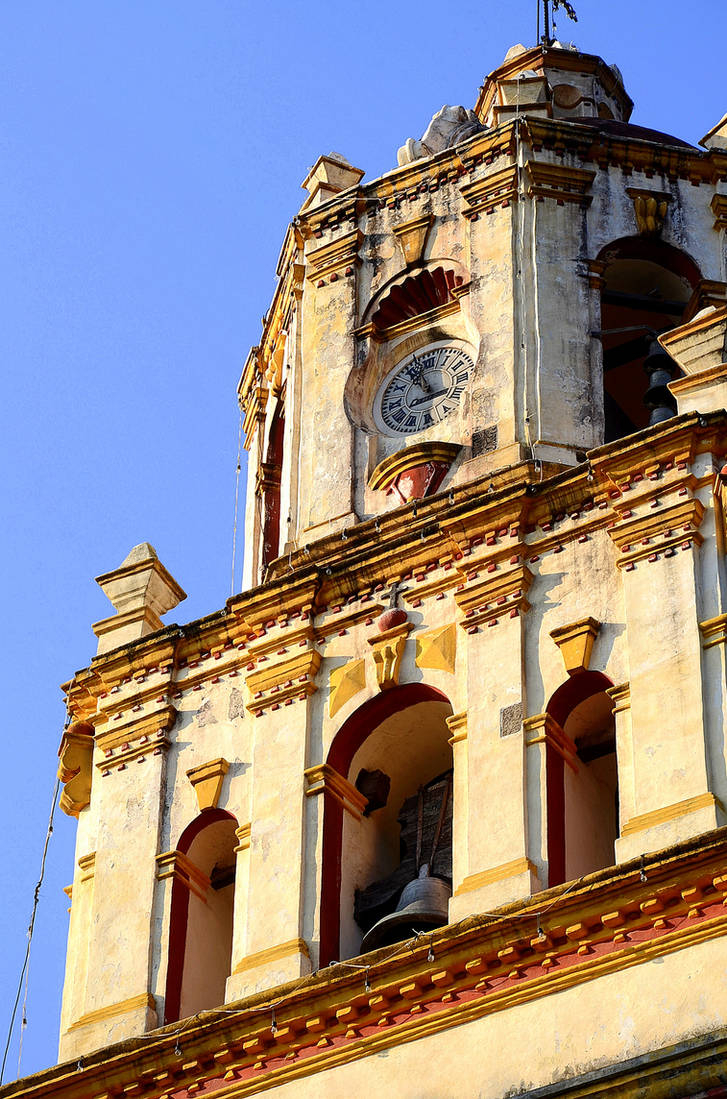
https://www.deviantart.com/ -
Roman Catholicism enjoys a strong following among Mexicans of all socioeconomic situations, despite the fact that the vast majority of the population is and has always been Roman Catholic. Even the tiniest communities appear to have an Evangelical or Pentecostal church as a result of US missionary activities, which created a sizeable Protestant community. Mexico is also home to one of the biggest Jehovah's Witness populations in the world. Jews and Mormons, two smaller populations, also reside in small, densely populated enclaves around the Republic.
Mexico is still a developing nation in many ways, and views toward LGBT tourists can occasionally be unpleasant. However, same-sex unions were made legal in Mexico City, and the supreme court declared that all states in the remaining republic must recognize these unions, effectively legalizing same-sex unions throughout the entire nation (provided the wedding takes place in Mexico City). It is not entirely accepted in rural Mexico, just as it is not entirely accepted in rural Canada or the United States. Cities, meanwhile, have a considerably more laid-back vibe.
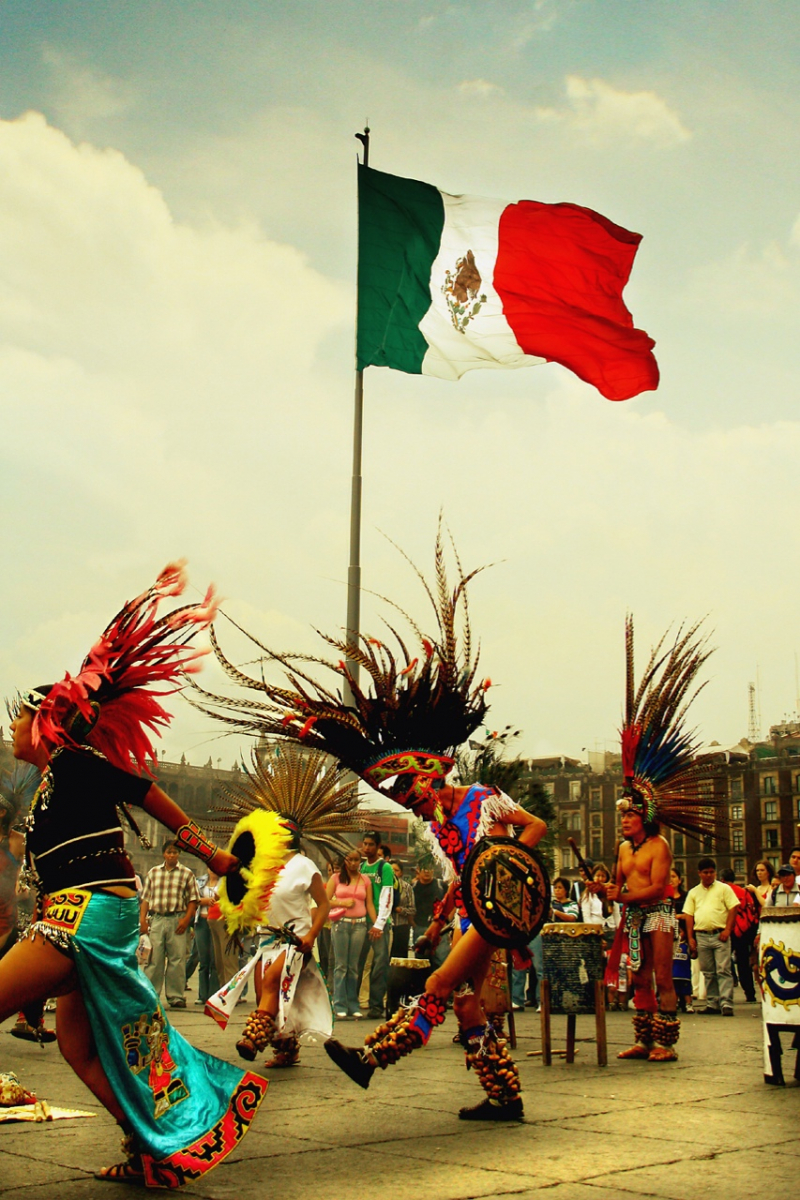
https://www.thinglink.com/ 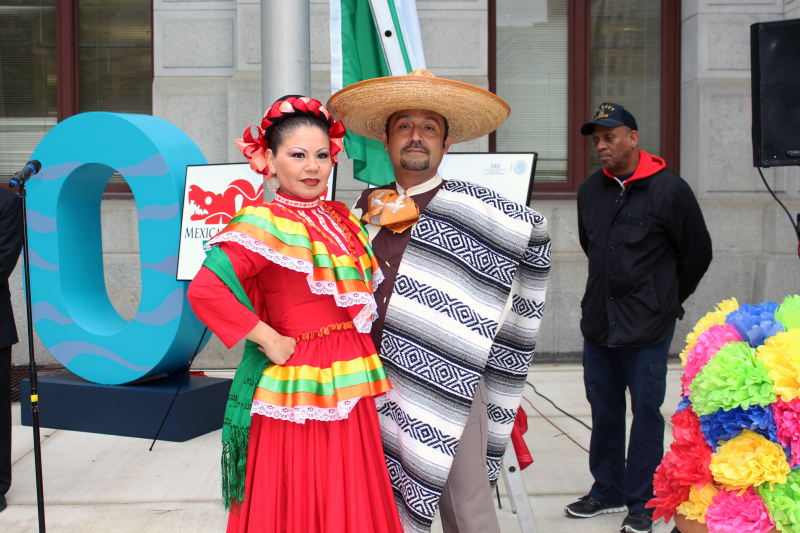
https://aldianews.com/ -
It's typical for average Mexican citizens to refer to Caucasian people, especially white Mexicans, as "güero(a)" (blonde) and its diminutive form "güerito(a)" (blondie), so don't take it personally if you hear it. Regardless of the real nationality of the tourists, the terms "gringo" and its synonym "gabacho" are used, thus they shouldn't be interpreted as pejorative nouns. Actually, they are frequently used as affectionate expressions.
No matter if you are Thai, Japanese, Vietnamese, Filipino, Korean, etc., you will be referred to as "Chino(a)" (Chinese) and its diminutive version "chinito(a)" if you are East Asian. The capital, Mexicali, and Monterrey, where there is a sizable Korean community, are exceptions.
Negrito(a) or "negro(a)" may appear harsh if you're black, especially if you're from the US, but it's not a swear term. Although there are not many black people in Mexico (apart from on the east and west coastlines in the south), especially the younger generations, do not harbor racism. Vicente Guerrero, a mulatto (a person of mixed European and African heritage), was in fact a revolutionary who went on to become the second president.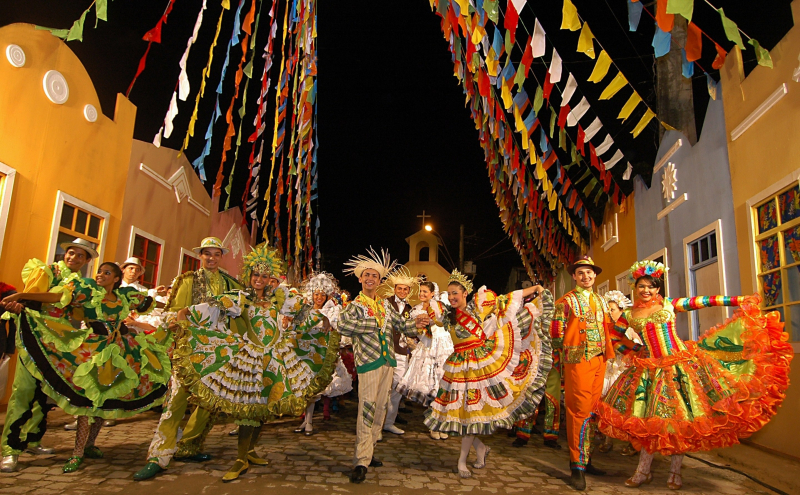
http://getwallpapers.com 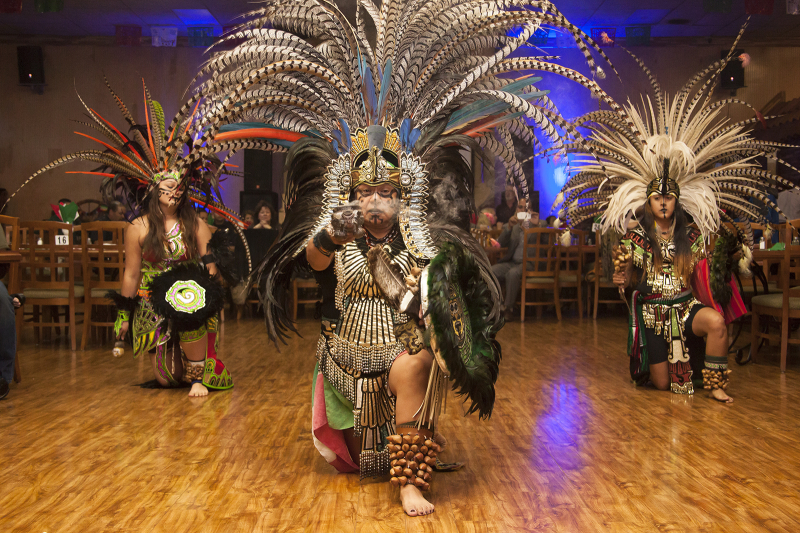
https://richmondconfidential.com



























